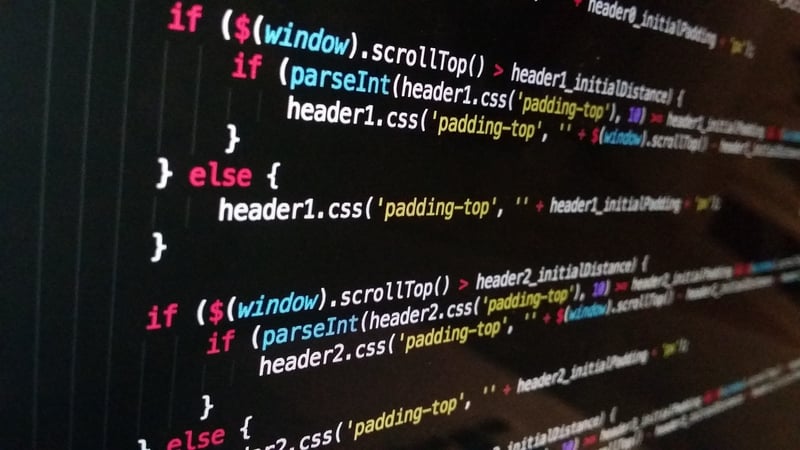Practical Projects
Boost Your Expertise with Practical Projects
Are you looking to enhance your skills and expertise in a practical way? One of the most effective methods to boost your knowledge and capabilities is by working on hands-on projects. Practical projects provide a real-world context for learning, allowing you to apply theoretical knowledge in a tangible way. Whether you are a student, a professional looking to upskill, or someone passionate about continuous learning, engaging in practical projects can significantly benefit your growth and development.
Why Practical Projects Matter
Practical projects offer numerous advantages over traditional learning methods:
- Application of Knowledge: By working on projects, you can apply the concepts you've learned in a practical setting, reinforcing your understanding and retention of information.
- Hands-On Experience: Gain valuable hands-on experience that can boost your confidence and skills, making you more proficient in your field.
- Problem-Solving Skills: Projects often present challenges that require creative problem-solving, helping you develop critical thinking and analytical skills.
- Portfolio Building: Completed projects can be added to your portfolio, showcasing your abilities to potential employers or clients.
- Networking Opportunities: Collaborating on projects allows you to connect with like-minded individuals, expanding your professional network.
Types of Practical Projects
There are various types of practical projects you can undertake based on your interests and goals:
- Coding Projects: Develop software applications, websites, or mobile apps to sharpen your programming skills.
- DIY Projects: Engage in do-it-yourself projects like woodworking, crafting, or home improvement to enhance your practical skills.
- Research Projects: Conduct research in your field of interest and present your findings to contribute to knowledge in that area.
- Community Projects: Volunteer for community initiatives or non-profit organizations to make a positive impact while gaining experience.
Getting Started with Practical Projects
Ready to embark on your practical project journey? Here are some tips to help you get started:
- Define Your Goals: Clearly outline what you aim to achieve with your project and set specific objectives.
- Choose the Right Project: Select a project that aligns with your interests, skills, and learning objectives.
- Break It Down: Divide your project into manageable tasks to stay organized and track your progress effectively.
- Seek Feedback: Don't hesitate to seek feedback from peers, mentors, or online communities to improve your project.
- Celebrate Your Achievements: Acknowledge and celebrate milestones along the way to stay motivated and inspired.
Remember, the journey of working on practical projects is not just about the end result but also about the learning process and personal growth you experience along the way. So, roll up your sleeves, pick a project, and start boosting your expertise today!

Image source: Pixabay
